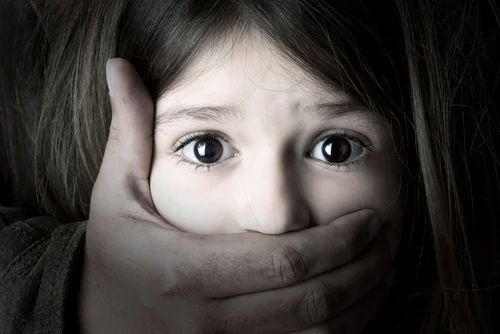+1 845 259 2974 (11 a.m to 7 p.m CST)
Too Much Texting Can Hurt Social Development of Teens

Teenagers texting on their cell phones is a common sight in many households. In fact, it’s so common that many parents hardly take notice of it. However, experts have pointed out that text addiction among kids is an unhealthy behavior. It can make a negative impact on their social development, quite possibly affecting them for life.
Some numbers on texting
To say that teens are addicted to texting would hardly be an overstatement. Studies on the role of texting in children’s lives have revealed some staggering and somewhat alarming trends:
- According to CNN, one in three teens send over 100 texts per day on average
- A Pew Research Center survey showed that the average volume of texting among teens has gone up from 50 texts to 60 texts per day
- Study suggests that for most teen girls, texting is the primary form of communication, surpassing face-to-face communication, phone calls, etc
- Research found that 87 percent of teens sleep with their cell phones
Risking social development of teens
It’s evident that teens are addicted to texting. Yet, many parents are ignoring it, assuming they’ve got nothing to fear. However, clinical psychologist Dr. John Rosegrant noted that relying too much on texting can be detrimental to a teen’s social development. He explained that technology can keep kids from learning social skills and relating to others.
Incomplete learning
Texting is indeed a convenient way to get in touch with others. However, by relying too much on this mode of communication, teens are unable to learn social cues such as body language or paralanguage. This eventually leads them to enter adulthood and professional life with immature and weak social skills, which can hurt them at every step.
Sticking to shyness
While being shy is something perfectly normal, kids gain more confidence as they grow up and interact with more people face-to-face. Technology shows them an alternate path, thus discouraging them from working on overcoming their shyness.
Sleep deprivation
Many teens struggle to switch off technology even at night so that they may get some sleep. Instead, they continue exchanging texts with their friends, completely ignoring the fact that their body and mind needs sleep to freshen up.
Slave to impulse
Addiction to texting can lead to weak impulse control in kids. They may not even notice it, but as they spend years responding to the texts instantly without much thinking, being impulsive becomes second nature to them.
It’s important to understand that technology is not at fault in case of teens getting addicted to texting. Stripping them of their cell phone privileges is unlikely to do any good. Instead, kids should be encouraged to interact face-to-face with others more often. Also, they should be taught the importance of developing skills by telling them how it’ll benefit them in the future.























